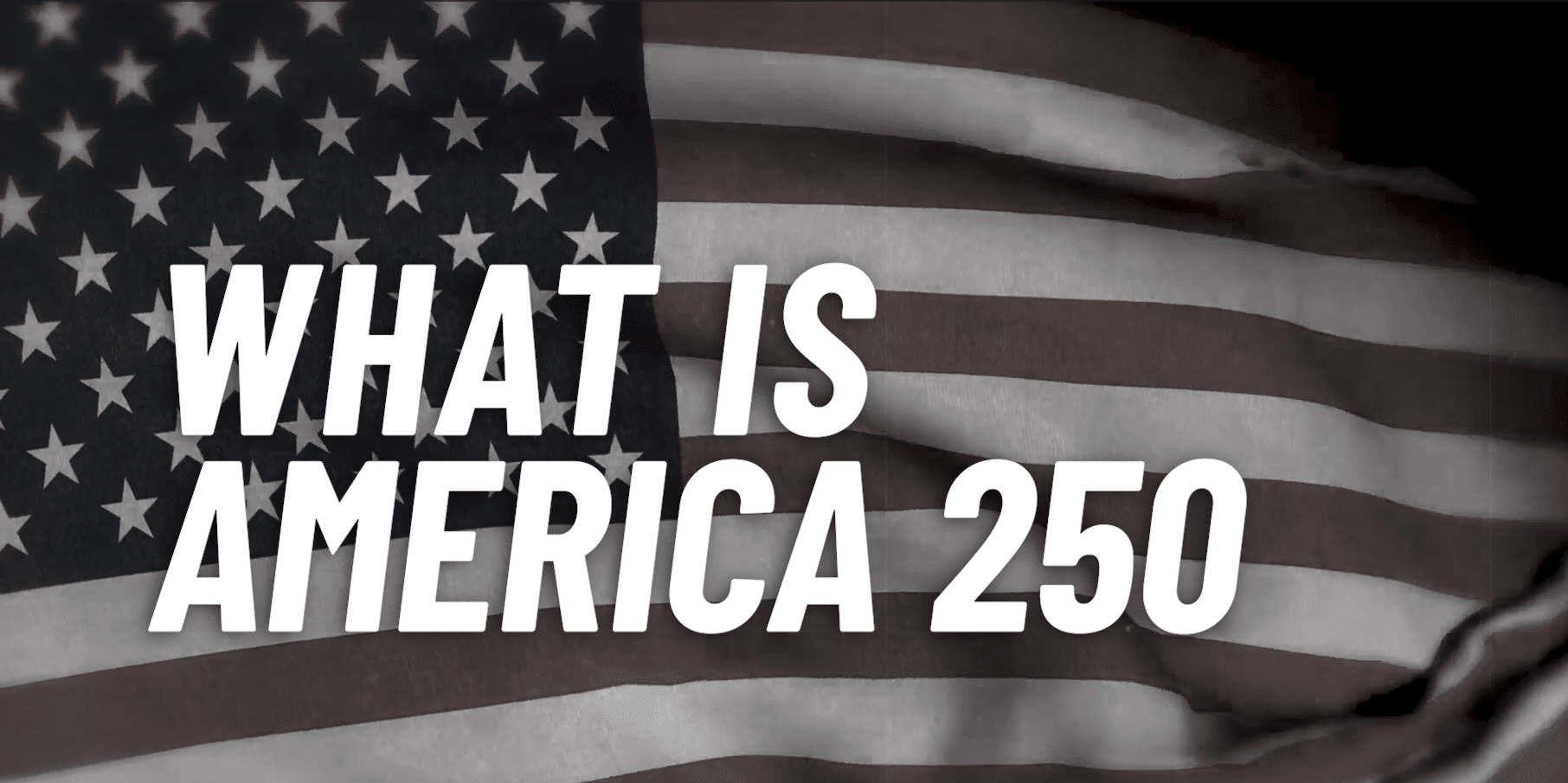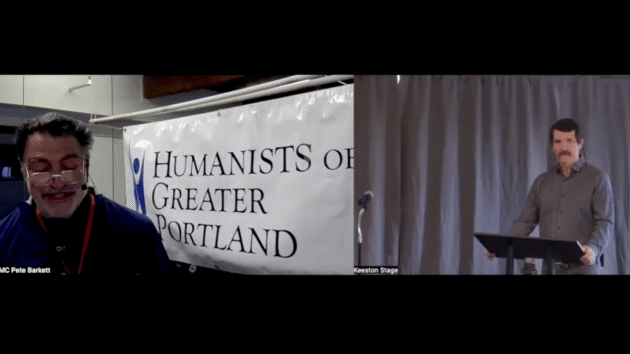Though we’ve been doing it for decades now, it’s been in the last two years through CELDF’s Wouldn’t You Say? series that we’ve been looking at different ways to venture into history, the present, and the future when it comes to community health and welfare. We’ve taken readers into the depths of rights of nature, through the lens of ecosystems and humans, out onto the frontiers of free speech, and through the long hallways that have empowered corporations with greater rights than people. This provocative collection comes out of nearly 30 years of on-the-ground experience and the insight and guidance of CELDF’s Education Director, Ben Price.
The essays in Wouldn’t You Say? ask challenging questions about modern society, our relationship to each other, and to the natural world. The book suggests that another world is possible, but that it will require a different narrative than the one playing power games in our heads. Besides facing the facts of the system we currently live in, readers of Wouldn’t You Say? will also see that there are many of us out there busy outlining a new story for how we live. That collective story emerges from our innate and nature-born generativity, which is to say, our longing to rekindle our kinship with the living world and share that rich way of life with future generations.
ORDER YOUR PAPERBACK COPY TODAY!
Essays included in Wouldn’t You Say?:
ENVIRONMENT
- Three Beliefs that Doom Western Society
- Ignorance as License
- Property
- What are the Rights of Nature?
- Nature is What’s Real
- Personhood
- Saving the Economy means not saving Nature
- The Law Did not save Grant Township’s Water
COMMUNITY
-
- What Do We Mean by Community Rights
- The Invisible Empire in Sight
- When Democracy is Privatized
- Municipal Maze
- Community Self Government
- Paid Speech Isn’t Freedom of Speech
- The Challenge of Movement Building
- From Rights of Nature to Right Relationship
Excerpt from the conclusion of Wouldn’t You Say? –
We can’t claim there is no choice but to continue business as usual. We can’t pretend the impending disasters are someone else’s fault and none of our doing when the solution is right in front of us. All the playground excuses in the world won’t cover up the fact that we’re turning the place our grandkids must live in into a steaming cesspool. It’s way past time we grow up. Wouldn’t you say?


